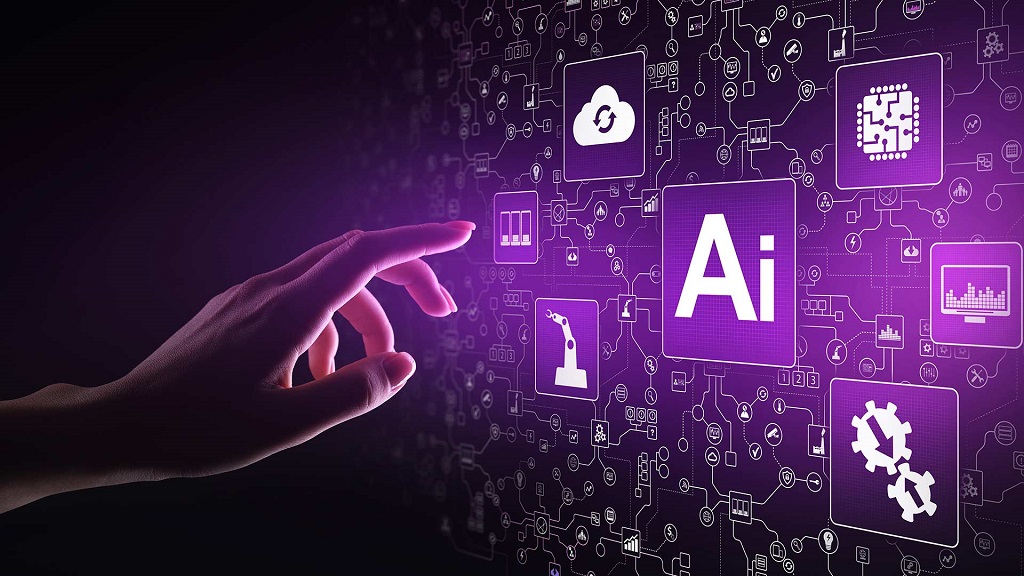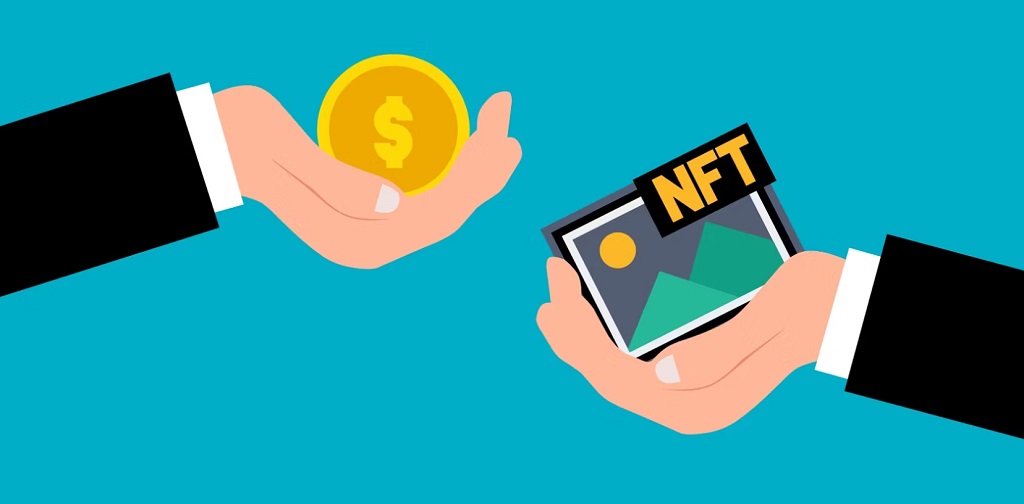Ever since ChatGPT became viral, the tech industry has been obsessed with the idea of AI chatbots and how they’ll influence us. Microsoft now integrates a ChatGPT-like chatbot directly into Bing, dubbing it the “new Bing” designed to disrupt Google’s monopoly in the space.
As expected, Google retaliated by showcasing its chatbot called Bard, a part of Google Search. The big question is, how will these AI-powered search engines of the near future change the internet? It is only a matter of time before this technology is implemented into online casino games in Australia. Although nothing is certain yet, our following four ways should give you an idea of what to expect.
Search Will Become More Conversational
When you search a query on the internet today, you do it not in a way that would be natural, but in a way you think the algorithm will understand. Meaning, you’re expected to type specific keywords and have at least basic knowledge of the industry jargon relevant to your query.
So, instead of searching “where should I go for a holiday this year?” you search “10 best holiday destinations in 2023.” We do this because using a search engine instinctively feels like an investigation and is hence methodical, but talking to a chatbot can be perceived as more conversational. It means you’ll be able to opt for more natural language unlike the mobile casinos that operates in different regions with several languages.
Fact-Checking Will Become a Major Career
Inaccuracy is and perhaps will be the biggest problem with AI search for the foreseeable future. As they grow in availability, we imagine that most people might slowly transition from doing their research to trusting the chatbot and taking its word for it. This is extremely dangerous for obvious reasons.
To combat this, it’s very likely that Google and Microsoft will hire massive teams dedicated to fact-checking and limiting the spread of misinformation. In the same way that moderation is a key part of social media, fact-checking will become a key part of AI search.
Online Shopping Will Become Much Easier
AI search will make online shopping much more convenient. Instead of having to go through multiple reviews of multiple products from multiple creators, you can just ask the chatbot for the top recommendations of the product category you’re looking for.
You can even ask it to compare specs and prices and get an instant summary of the features and limitations of the products you find interesting, and then simply choose one from the list. The summary will also contain an Amazon link, so you can instantly jump to the platform and buy the item.
In this whole situation, the only parties who are winning are you and Amazon. But creators, publications, and product reviewers will find themselves in a difficult position and probably not want their content used for summarization via a chatbot.
Human-Written Content Will Be a Priority
AI-generated content is technically not against Google’s Search guidelines, but the company did clarify that “using automation—including AI—to generate content with the primary purpose of manipulating ranking in search results is a violation of our spam policies.”
You’re free to use AI-generated content as a template, but not as the final product. Using ChatGPT for homework is one thing, but using it to write commercial content is not only unethical but also a very bad idea in the long term.
Qualities exclusive to human-written content such as originality, prior experience, judgment, storytelling, and unique perspective will become more valuable in the age of AI search. Why? Because in the same way that people hate answering automated calls from businesses, people probably also wouldn’t want to read an article they know isn’t written by a real human.




